August already! Time flies when you’re having fun and we hope your summer has been great. Hopefully you have recharged your batteries and are ready for new challenges.
At least most of us will by now have weathered the post-holiday hangover and settled into the regular rhythms of our daily routine. And with that not insignificant challenge out of the way (that adjustment period can be rough), it’s the perfect time to face down the next one: staying on track. Because while you may have managed to shake off your holiday haze and bring everything back into focus, maintaining that focus amidst everyday mayhem is another matter entirely. Fortunately, we have a couple of pro tips which will help you to do just that. Before all those clear objectives cloud over with minor (or major) distractions, read on:
Tip #1: Be clear on what constitutes a priority
Sure, we all know how to prioritise. Or do we? It’s a common mistake to confuse your priorities with your to-do list. The Oxford Dictionary defines a priority as “A thing that is regarded as more important than others.” The key words here? “More important”. The professional and personal plans you’ve made for the year ahead must remain your priority. Don’t allow others’ demands to erode your good intentions. This is where the “resolute” part of your resolutions really kicks in: schedule the time to tackle your own essential tasks – and resist all attempts to renegotiate.
Tip #2: Apply the 80/20 rule
Also known as the more impressive-sounding “Pareto principle” which simply states that 20% of the invested input is responsible for 80% of the results obtained. A Pareto approach therefore involves understanding which projects will deliver the most bang for your buck – or, rather, for your time. Which is great in theory, but what regularly happens is that people spend eighty percent of their time on work that only delivers twenty percent of the result. We’re so busy ‘being busy’ that we lose sight of what’s important. Keep this principle in mind and work to maintain the right balance. You should spend most of your time on the work that delivers the greatest returns. Identify what really matters – and be ruthless about focusing on this first.
If these solutions sound pretty simple, that’s because they are. But these fundamentals are always the first to fall by the wayside as projects pile up and demands increase. So, stay the course! Be wary of timewasters, whether they be people or propositions, and keep our two distraction-minimising techniques front of mind. You know what matters. Don’t be side-tracked by anything that doesn’t.


